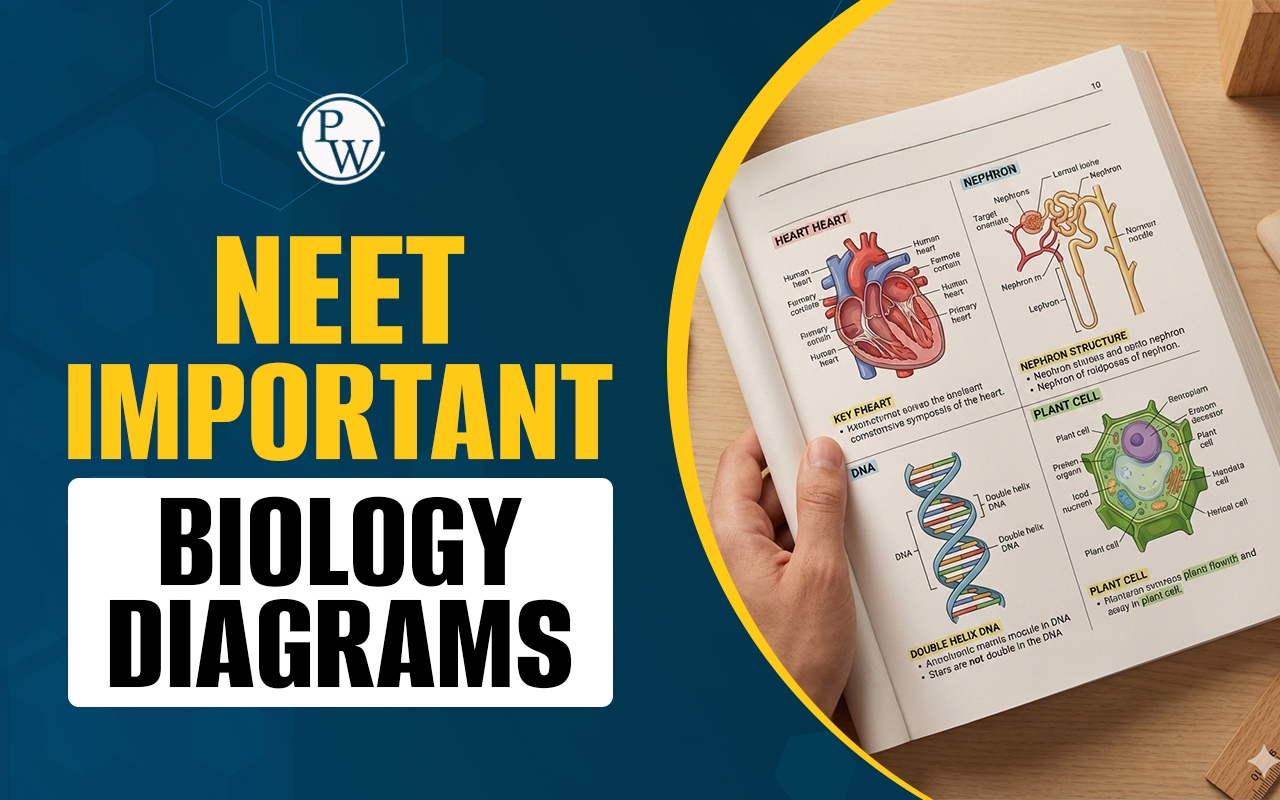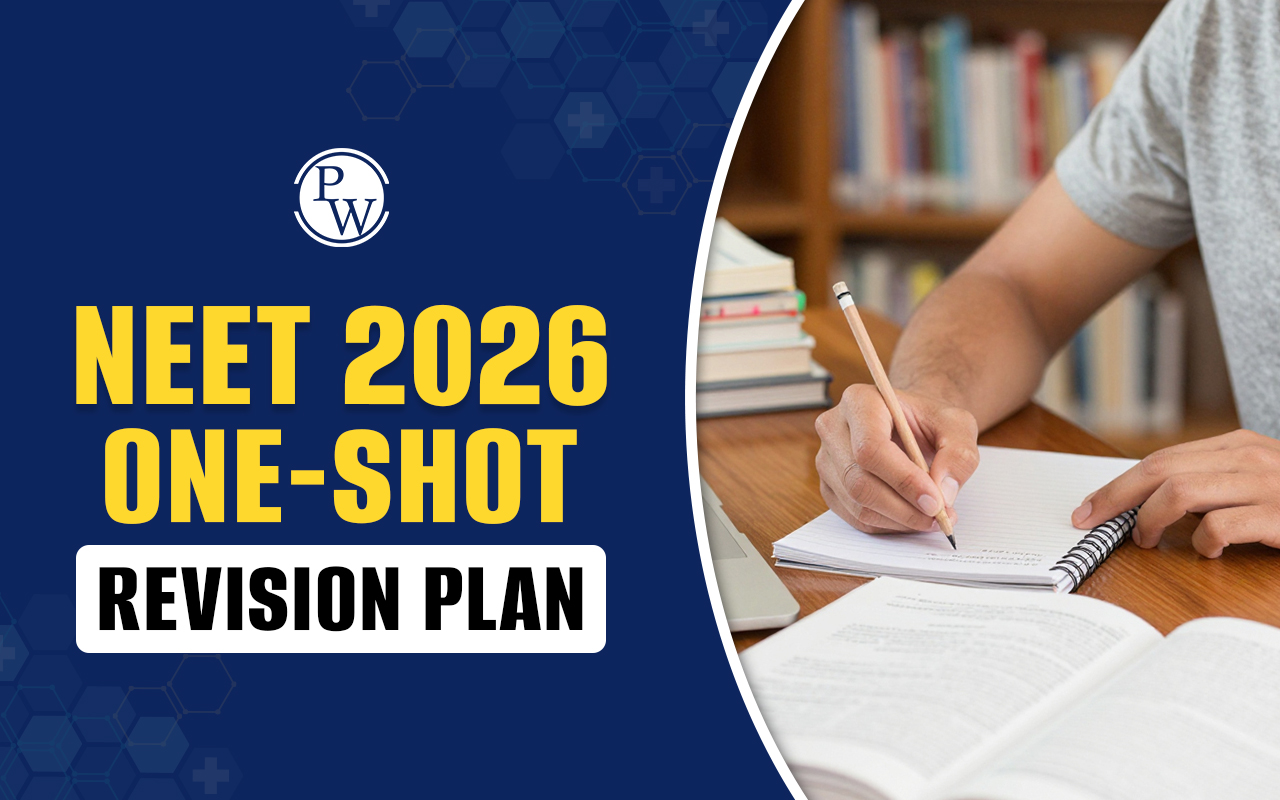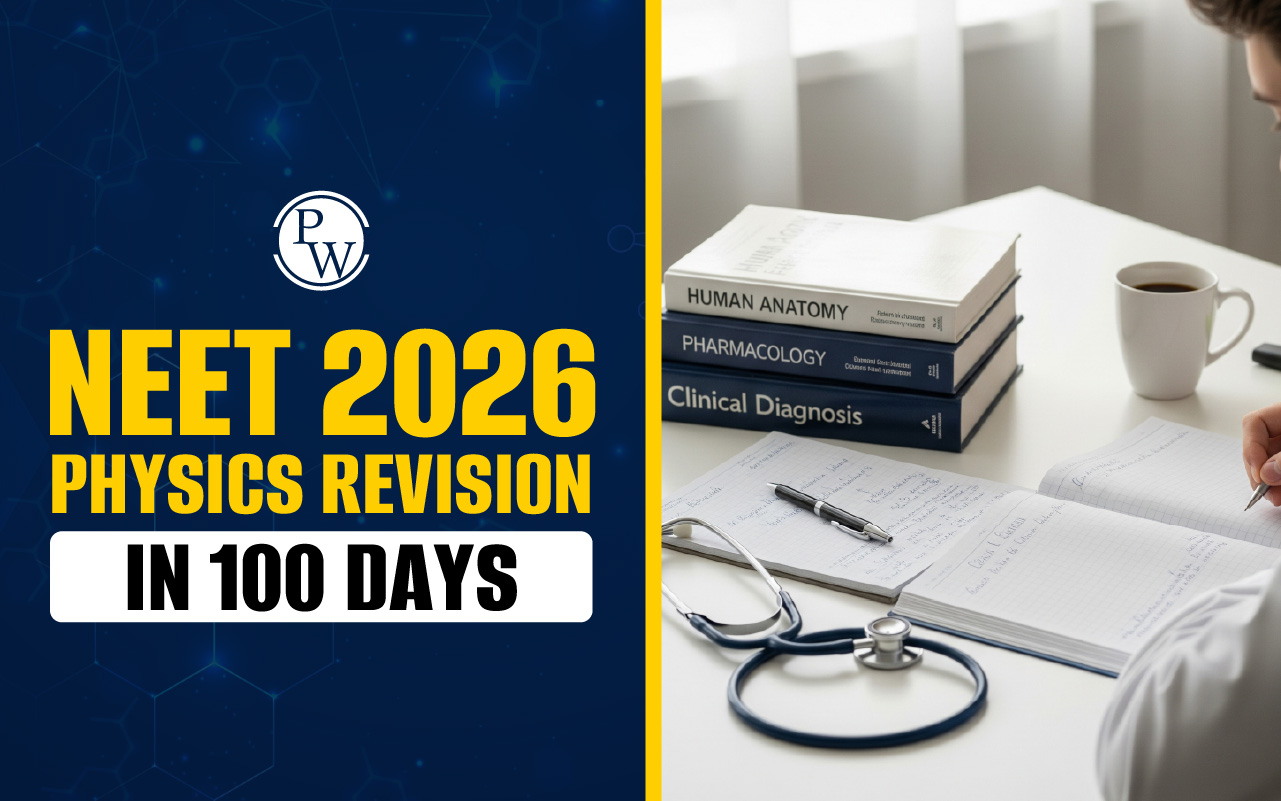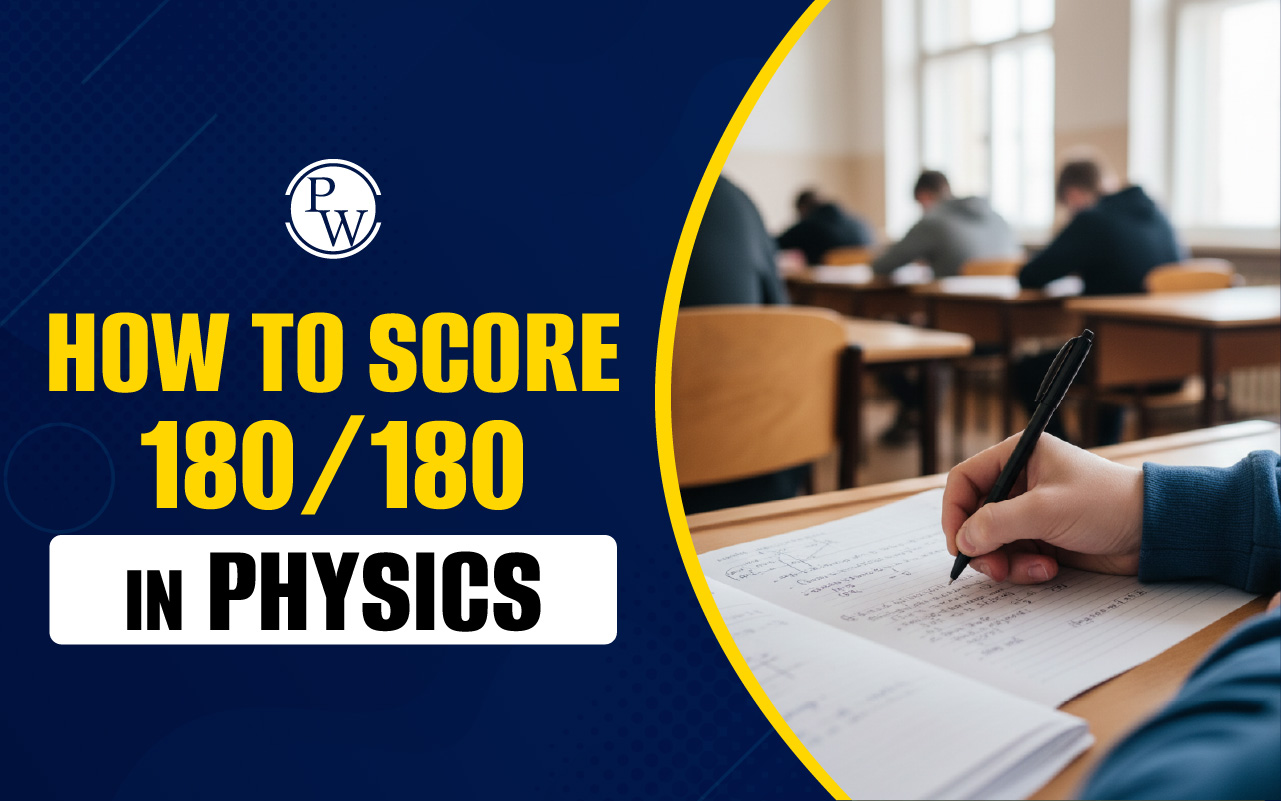
The Machinery and Enzymes for DNA Replication: DNA replication is a biological process where a cell duplicates its DNA to pass genetic information to new cells during division. This process is essential for growth, repair, and reproduction in living organisms. It is a semi-conservative mechanism, meaning each new DNA molecule contains one strand from the original DNA and one newly synthesized strand. DNA replication involves a set of specialized enzymes and machinery working in a coordinated manner to ensure accuracy and efficiency. Mistakes in this process can lead to mutations, potentially impacting cellular function or leading to genetic disorders. This topic is important for the NEET exam, as it forms the foundation of understanding genetic inheritance and molecular biology.
The Machinery and Enzymes for DNA Replication
The machinery for DNA replication includes enzymes, proteins, and specific DNA sequences working together to copy the genetic material. The replication begins at a specific site called the origin of replication, where the DNA double helix unwinds to form a replication fork. This region allows the enzymes to access the strands and initiate synthesis. In prokaryotic organisms like E. coli, replication is relatively simple because of their smaller genome. In contrast, eukaryotic organisms have a more complex mechanism due to their larger and linear DNA. Both systems, however, share a common framework. The primary enzyme for DNA replication is DNA-dependent DNA polymerase. This enzyme uses an existing DNA strand as a template to synthesize the new strand by adding nucleotides. It works efficiently to add thousands of nucleotides per second but requires accuracy to prevent mutations. DNA polymerase cannot start synthesis on its own and relies on an RNA primer, produced by primase, to initiate the process. To facilitate replication, helicase unwinds the DNA helix, creating a replication fork. Single-stranded binding proteins (SSBs) stabilize the unwound DNA strands, preventing them from reannealing. The topoisomerase enzyme relieves the tension in the DNA molecule caused by unwinding. DNA ligase joins discontinuous DNA fragments on the lagging strand.Enzymes Required for DNA Synthesis
- Helicase: This enzyme unwinds the DNA helix at the origin of replication, separating the two strands to form the replication fork. This allows other enzymes to access the DNA template for replication.
- DNA Polymerase: The primary enzyme responsible for synthesizing the new DNA strand. It adds nucleotides in the 5' to 3' direction using the parental strand as a template. It also has proofreading abilities to correct errors.
- Primase: This enzyme synthesizes a short RNA primer complementary to the template strand. The primer provides a starting point for DNA polymerase to begin DNA synthesis.
- Topoisomerase: This enzyme prevents the overwinding or tangling of DNA ahead of the replication fork by cutting and rejoining the DNA strands.
- Single-Stranded Binding Proteins (SSBs): These proteins bind to the separated DNA strands and stabilize them, preventing premature reformation of the double helix.
- DNA Ligase: This enzyme joins the fragments of DNA, especially on the lagging strand, where DNA is synthesized discontinuously. It ensures the final DNA strand is continuous.
Importance of DNA Replication
DNA replication is essential for life, enabling organisms to grow, repair damaged cells, and reproduce. Without accurate replication, genetic information would not be faithfully passed on, leading to potential diseases or developmental issues. The efficiency and accuracy of the replication machinery ensure genetic stability across generations. Replication also supports the cell cycle, which is vital for maintaining tissue health and function in multicellular organisms.MCQs of The Machinery and Enzymes for DNA Replication
Q1. The enzyme required to catalyse polymerisation of deoxyribonucleotides is;- DNA ligase
- RNA polymerase
- DNA polymerase
- β-galactosidase.
- DNA stores genetic information.
- There is now enough evidence that essential processes like metabolism, translation, and splicing evolved around RNA.
- DNA may act as a catalyst.
- RNA can splice itself and is also able to act as a catalyst.
Q3. The primary function of DNA polymerase is to;
- add nucleotides to the growing daughter strand.
- seal nicks along the sugar-phosphate backbone of the daughter strand.
- unwind the parent DNA double helix.
- prevent reassociation of the denatured parent DNA strands.
Answers of MCQs of The Machinery and Enzymes for DNA Replication
Ans1. DNA polymerase| NEET Exam Important Links | |
|---|---|
| NEET Syllabus | NEET Biology Diagrams |
| NEET Biology MCQ | NEET Biology Chapter wise Weightage |
| NEET Biology Notes | NEET Previous Year Question papers |
The Machinery and Enzymes for DNA Replication FAQs
Q. What is the DNA replication machinery?
Q. What are the machinery involved in DNA replication in eukaryotes?
Q. What is DNA replication and the enzymes involved?
Q. What are the mechanics of DNA replication?










